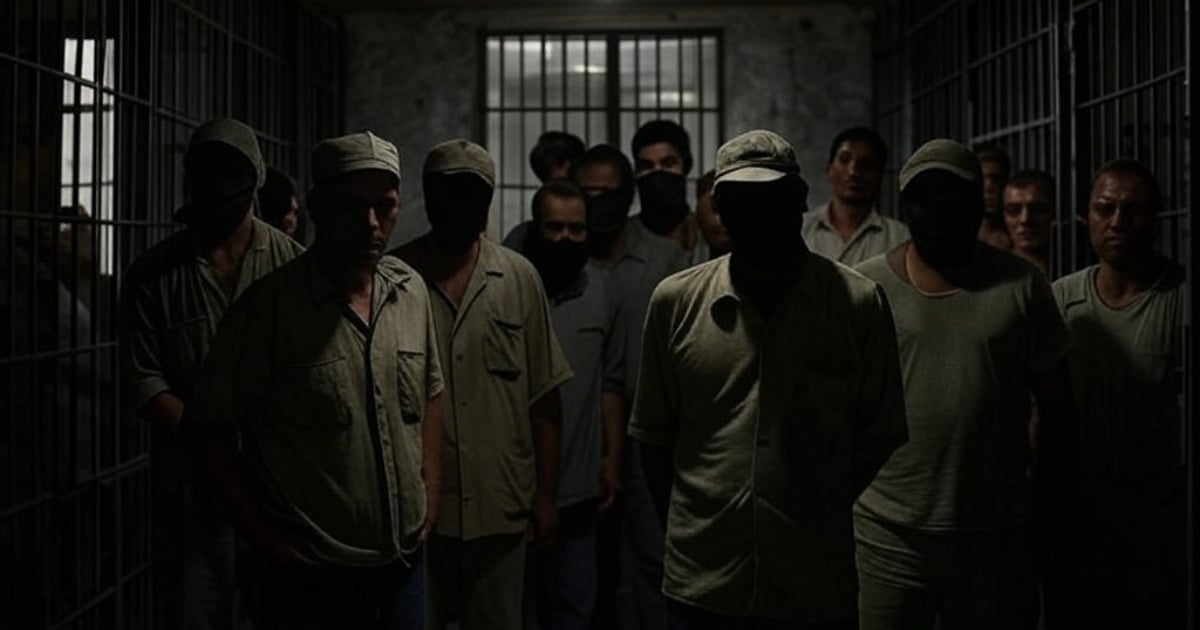Prisoners Defenders, alongside various human rights organizations, has raised alarms about the Cuban government's ongoing detention of 1,150 political prisoners, most of whom were incarcerated for protesting against the rule of Miguel Díaz-Canel. The most recent report from Prisoners Defenders, released in January 2025, reveals that this staggering number includes 34 minors, some facing sentences of up to 23 years.
The organization accuses the Cuban regime of systematically denying prison benefits that, according to Cuban law, should be afforded to many of these inmates. For instance, nearly 60% of these prisoners of conscience are eligible for open conditions, and 59% of the 688 should have already been released. Furthermore, all women and young prisoners without prior convictions are legally entitled to freedom.
Despite international pressure and the outgoing U.S. President Joe Biden's decision to remove Cuba from the list of state sponsors of terrorism, the Cuban government declared the release of 553 prisoners. However, Prisoners Defenders points out that by February 4, only 200 releases had been verified, with 94% of those individuals already qualifying for open conditions, underscoring the regime's long-standing denial of these rights.
Other entities, such as the Cuban Observatory of Human Rights (OCDH), have criticized these measures as "too generic," insisting they should cover all political detainees. The organization stresses that these releases do not equate to full freedom, as those released remain under restrictive conditions and threats of having their conditional freedom revoked. This tactic seemingly aims to enhance Cuba's international image without implementing substantial changes to its oppressive policies.
By the close of 2024, Prisoners Defenders reported an increase in the number of political prisoners, reaching 1,161. Over the course of that year, the list expanded by 166 individuals, averaging 14 new political prisoners each month, with a total of 1,219 political detainees identified from January 1 to December 31.
Understanding the Political Imprisonment Crisis in Cuba
Who are the political prisoners in Cuba?
Political prisoners in Cuba are individuals detained for expressing dissent against the government, participating in protests, or advocating for political changes. This group includes minors and people without prior criminal records.
Why does the Cuban government deny prison benefits?
The Cuban regime is accused of systematically denying prison benefits to suppress dissent and maintain control over political prisoners, despite legal entitlements to open conditions and early release for many inmates.
What is the international response to Cuba's political imprisonment?
International organizations and human rights groups have consistently criticized Cuba's political imprisonment practices, urging for the release of detainees and condemning the regime's oppressive policies.
